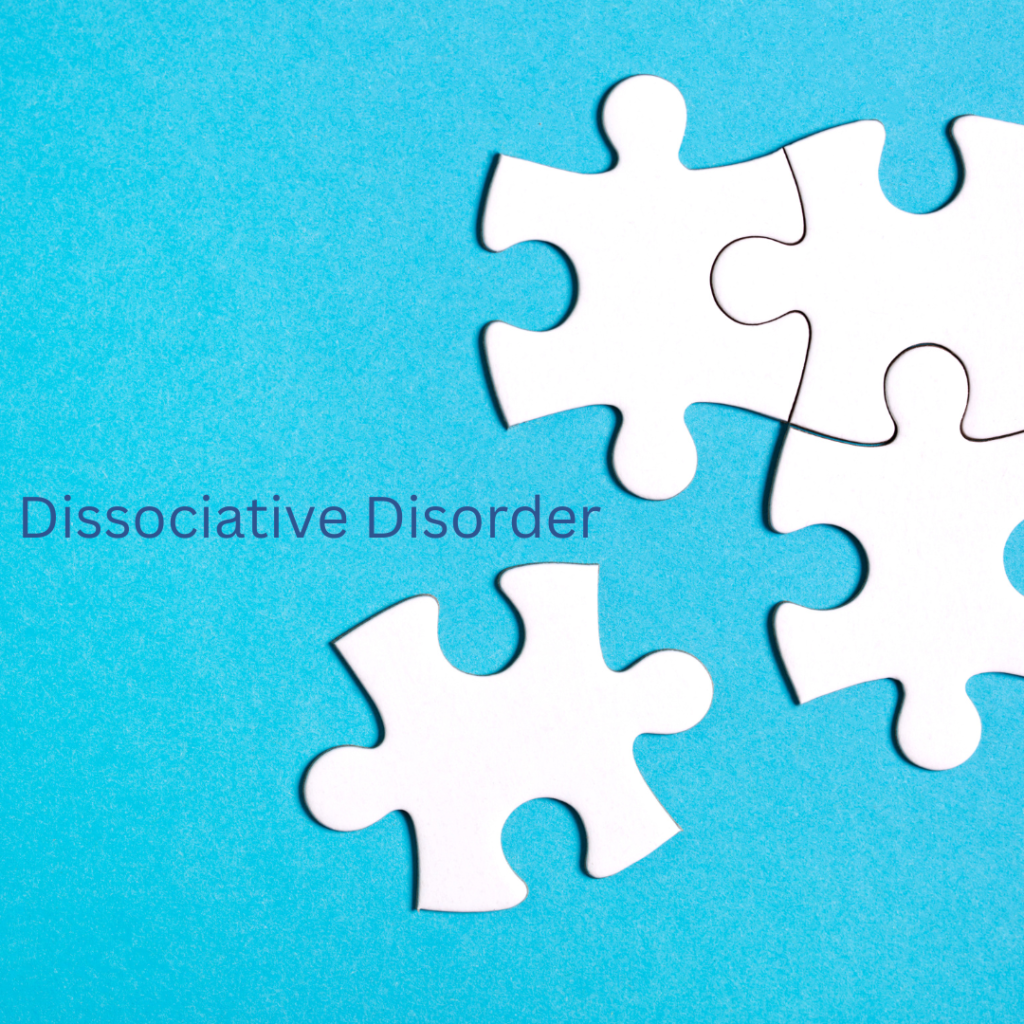The Link Between Trauma and Dissociative Disorder: What You Need to Know
Understanding Dissociative Disorders and Their Connection to Trauma
Dissociative disorders are complex mental health conditions characterized by a disconnection between thoughts, identity, consciousness, and memory. This disconnection often arises as a coping mechanism in response to severe trauma. In this blog post, we’ll explore what dissociative disorders are, how they relate to trauma, their symptoms, and treatment options.
What Are Dissociative Disorders?

Dissociative disorders involve a disruption in the normal integration of consciousness, memory, identity, emotion, perception, body representation, motor control, and behavior. These disruptions can lead to significant problems in functioning and can manifest in various forms, including:
- Dissociative Identity Disorder (DID): Previously known as multiple personality disorder, DID is characterized by the presence of two or more distinct personality states or identities that control a person’s behavior at different times.
- Dissociative Amnesia: This involves an inability to recall important personal information, usually related to trauma or stress, that is too extensive to be explained by ordinary forgetfulness.
- Depersonalization/Derealization Disorder: Depersonalization involves feelings of detachment from one’s body or self, while derealization involves a sense of unreality or detachment from one’s surroundings.
The Connection Between Trauma and Dissociation

Trauma, especially during early childhood, is a significant risk factor for the development of dissociative disorders. When faced with overwhelming stress or trauma, such as physical, emotional, or sexual abuse, individuals may use dissociation as a defense mechanism to protect themselves from the full impact of the traumatic experience. This can lead to a fragmentation of memory, identity, and perception of reality.
Symptoms of Dissociative Disorders

The symptoms of dissociative disorders can vary widely depending on the specific type and the severity of the condition. Common symptoms include:

- Memory Loss: Gaps in memory, especially regarding traumatic events or personal information.
- Identity Confusion or Alteration: A feeling of being unclear or conflicted about one’s identity, or the presence of multiple identities.
- Depersonalization: A sense of detachment from oneself, as if observing oneself from outside the body.
- Derealization: A perception that the external world is unreal or distorted.
- Emotional Numbness: Difficulty in feeling emotions or feeling disconnected from emotions.
- Out-of-Body Experiences: Feeling like an observer of one’s own life or body.
Treatment for Dissociative Disorders

Effective treatment for dissociative disorders often involves a combination of psychotherapy, medication, and supportive care. Here are five key approaches to treatment:
- Psychotherapy: Trauma-focused therapies, such as Cognitive Behavioral Therapy (CBT), Eye Movement Desensitization and Reprocessing (EMDR), and psychodynamic therapy, can help individuals process and integrate traumatic memories, reduce dissociative symptoms, and develop healthier coping mechanisms.
- Medication: While there is no specific medication for dissociative disorders, short term medication management, such as antidepressants and anxiolytics can help manage co-occurring symptoms like depression and anxiety.
- Grounding Techniques: Techniques such as mindfulness, deep breathing exercises, and sensory grounding (e.g., focusing on physical sensations) can help individuals stay connected to the present moment and reduce dissociation.
- Support Groups: Joining support groups with others who have experienced similar trauma can provide validation, understanding, and a sense of community.
- Lifestyle Changes: Encouraging healthy lifestyle habits, such as regular exercise, proper nutrition, adequate sleep, and stress management techniques, can support overall mental health and well-being.
Conclusion
Dissociative disorders are serious mental health conditions that often stem from traumatic experiences. Understanding the symptoms and the underlying trauma is crucial for effective treatment and recovery. If you or someone you know is struggling with dissociative symptoms, seeking professional help from a mental health provider is essential.

With the right support and treatment, individuals with dissociative disorders can work towards healing and integrating their experiences into a cohesive sense of self.
By raising awareness and providing education on dissociative disorders and their connection to trauma, we can help reduce stigma and support those on their journey to recovery. If you found this information helpful, please share it with others who may benefit from learning more about dissociative disorders.


